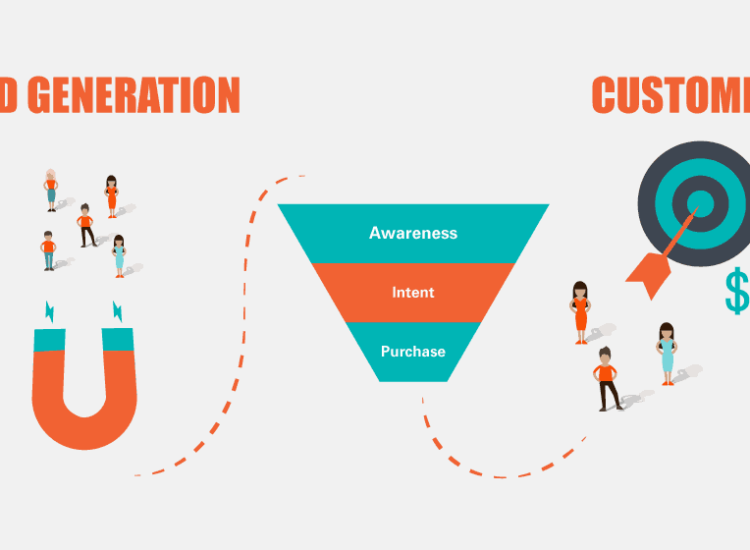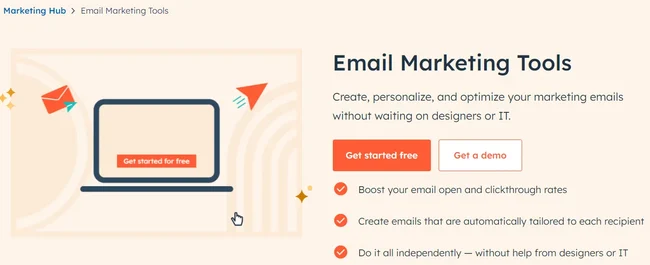For small business owners, identifying the perfect influencer to spearhead a product launch can often feel like searching for a needle in a haystack. They need to find someone with a significant and actively engaged audience that closely matches their ideal customer. Fortunately, instead of the time-consuming process of manually searching through countless social media profiles, they can leverage an influencer marketing platform. These platforms offer the capability to filter through thousands of creators based on very specific criteria, leading to considerable time and effort savings.
Toc
- 1. Choosing the Right Influencer Marketing Platform for Your Needs
- 2. Key Features of Influencer Marketing Platforms
- 3. Related articles 01:
- 4. Best Practices for Successful Influencer Marketing Campaigns
- 5. Tips for Optimizing Campaigns
- 6. Related articles 02:
- 7. Frequently Asked Questions (FAQ)
- 8. Conclusion
In today’s dynamic digital marketing environment, influencer marketing platforms have evolved into indispensable resources for small businesses seeking to broaden their reach and amplify brand recognition. These platforms streamline the entire process of discovering, managing, and evaluating collaborations with influencers, empowering businesses to optimize their marketing initiatives while reducing complexity. This article will explore the diverse range of influencer marketing platforms currently available and highlight how they can play a crucial role in driving growth and achieving marketing objectives for small businesses.
Choosing the Right Influencer Marketing Platform for Your Needs
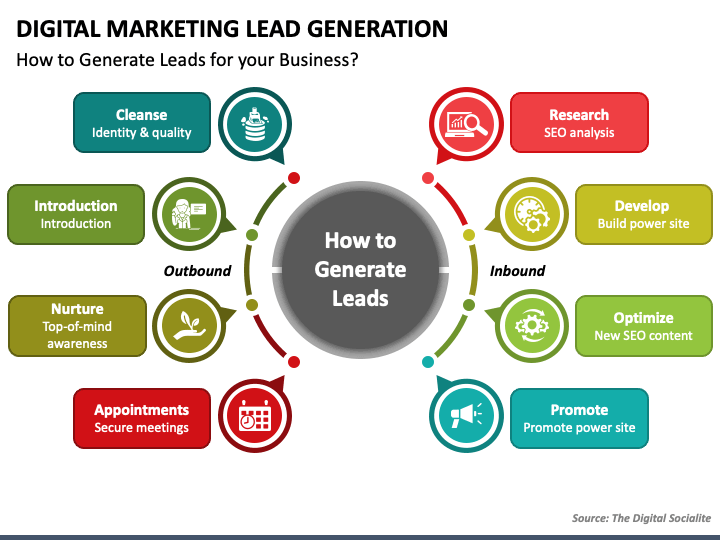
Selecting the most suitable influencer marketing platform is crucial for the success of your marketing strategy. Here are several factors to consider when making your choice:
Budget
Establish your budget for influencer marketing. Different platforms offer various pricing models, from free basic plans to premium subscriptions. Ensure that the platform you choose aligns with your financial capabilities. For small businesses, it is often wise to start with platforms that offer free trials or basic services at no cost, allowing you to gauge their effectiveness before committing to a paid plan.
Target Audience
Understanding your target audience is essential for successful influencer marketing. Different platforms cater to specific demographics and social media channels. For instance, if your target market is predominantly younger consumers, platforms like TikTok’s Creator Marketplace or Instagram’s Creator Studio may be more beneficial than those focused on LinkedIn or Facebook , which tend to attract a more professional audience. Similarly, if your brand caters to a niche market like gaming, platforms like Twitch’s Partner Program or Discord’s Server Booster program may offer better opportunities to reach your target audience.
Campaign Goals
Clearly define your objectives for influencer marketing. Whether your goal is to enhance brand awareness, drive traffic to your website, or boost sales, select a platform equipped with features and analytics to support these goals. A clear understanding of your objectives will help you measure the success of your campaigns and make necessary adjustments along the way.
Platform Features
Evaluate the features offered by various influencer marketing platforms. Key functionalities may include influencer discovery, campaign management, performance tracking, and reporting capabilities. Look for platforms that offer a comprehensive suite of tools that can adapt to your evolving marketing needs.
Ease of Use
Consider the user-friendliness of the platform. A clean, intuitive interface can significantly enhance your team’s efficiency, especially if they are new to influencer marketing. Platforms with extensive resources, tutorials, and customer support can also help your team navigate the complexities of influencer marketing more easily.
By carefully evaluating these factors, you can select the influencer marketing platform that best aligns with your business’s specific needs, paving the way for a successful marketing strategy.
Key Features of Influencer Marketing Platforms
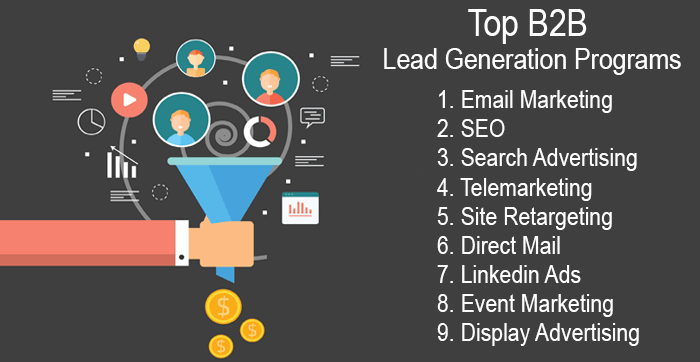
Influencer marketing platforms come equipped with a variety of features designed to optimize your marketing campaigns. Here are some essential functionalities to look for:
Influencer Discovery
This feature allows businesses to find influencers based on specific criteria, such as niche, audience size, and engagement rates. An effective influencer marketing platform will provide robust search filters to help you identify the best creators for your brand. The ability to search by location, follower demographics, and engagement metrics can significantly enhance your targeting efforts.
Campaign Management
Managing multiple influencer collaborations can be challenging. A good platform simplifies this process by offering tools for planning, executing, and monitoring campaigns. This streamlining ensures that you stay organized and on track. Features such as calendar integrations and task management tools can further enhance your campaign management capabilities.
Content Collaboration
Many platforms facilitate content collaboration between brands and influencers. This includes tools for sharing content ideas, drafts, and approvals, ensuring that the final output aligns with your brand’s messaging and guidelines. A collaborative approach can foster creativity and ensure that influencers feel empowered to create authentic content that resonates with their audience.
Performance Tracking
Effective measurement is crucial in influencer marketing. Look for platforms that provide detailed analytics and reporting features. These tools allow you to track key performance indicators (KPIs) such as reach, engagement, conversions, and return on investment (ROI). Platforms often use a variety of metrics, including reach, engagement rate, click-through rate (CTR), conversion rate, and ROI to assess campaign success. Some platforms also offer advanced tools for analyzing influencer performance, such as sentiment analysis, which helps gauge the overall sentiment expressed about your brand by an influencer’s audience.
Data Analytics
Using data analytics is vital for measuring the success of your influencer marketing campaigns. Platforms that offer in-depth insights into your campaigns can help you refine your strategy and improve future efforts. Understanding which content performs best and why can guide your decisions regarding future collaborations and campaign designs.
Contract Management
Another feature to consider is contract management. Many influencer marketing platforms now include tools for drafting, negotiating, and storing contracts with influencers. This can streamline the onboarding process and ensure that both parties are clear on expectations and deliverables.
3. https://hidanang.vn/mmoga-lead-generation-marketing-a-comprehensive-guide-for-small-business-owners
4. https://hidanang.vn/mmoga-the-best-crm-software-free-for-small-businesses-a-comprehensive-guide
5. https://hidanang.vn/mmoga-top-seo-marketing-companies-in-phoenix-for-seo-marketing-companies-phoenix
By leveraging these features, small businesses can enhance their influencer marketing campaigns, ensuring that they achieve their desired outcomes while maximizing their investment.
Best Practices for Successful Influencer Marketing Campaigns
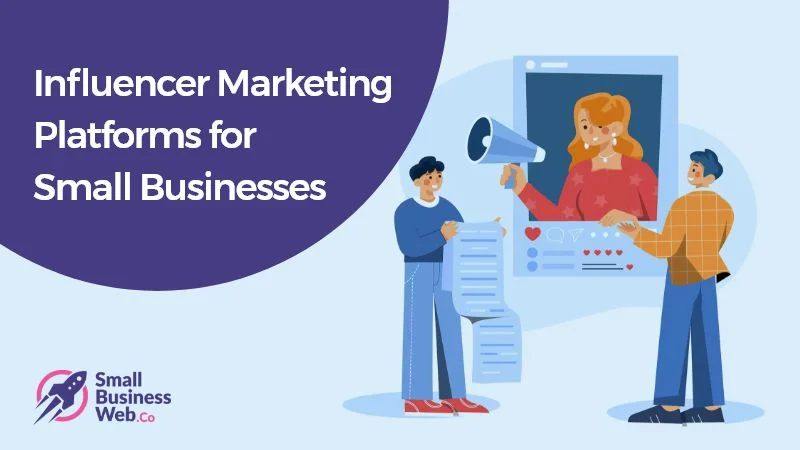
To ensure that your influencer marketing campaigns yield positive results, it’s important to adhere to best practices. Here are some strategies to consider:
Define Clear Objectives and Target Audience
Start by establishing clear campaign goals. Are you aiming to increase brand awareness, drive traffic to your website, or boost sales? Understanding your target audience’s demographics and preferences will help you tailor your influencer selection and messaging accordingly. This targeted approach can significantly enhance the effectiveness of your campaigns.
Identify and Select Relevant Influencers
Not all influencers will be a good fit for your brand. Conduct thorough research to identify influencers whose values align with your brand and who have an engaged following within your target demographic. Prioritize relevance over sheer follower numbers. Micro-influencers, with audiences ranging from 1,000 to 100,000 followers, often have higher engagement rates than macro-influencers, demonstrating a stronger connection with their followers.
Craft Compelling Campaign Briefs
A well-structured campaign brief is essential for successful collaborations. Outline your expectations, content guidelines, and key performance indicators (KPIs) clearly. This ensures that influencers understand your goals and can create content that resonates with your audience. Providing creative freedom while maintaining clear guidelines can lead to innovative content that aligns with your brand’s identity.
Negotiate Contracts Fairly
Establishing fair compensation and contract terms is crucial for building positive relationships with influencers. Ensure that both parties feel valued and that the terms are mutually beneficial. Discuss deliverables, timelines, and payment structures openly to avoid misunderstandings later on.
Utilize Platform Analytics for Optimization
Once your campaigns are live, leverage the analytics tools provided by your influencer marketing platform. Monitor metrics such as reach, engagement, and conversions to gauge performance. Use this data to optimize your strategy and make informed adjustments as needed. Regularly reviewing your campaign performance can help you stay agile and responsive to changing market conditions.
Foster Relationships with Influencers
Building long-term relationships with influencers can enhance your brand’s credibility and reach. By nurturing these connections, you can create a network of loyal advocates who are genuinely invested in your brand’s success. Regular communication and collaboration can lead to authentic content that resonates with audiences, resulting in more effective campaigns.
Embrace Current Trends
The rise of short-form video content has significantly impacted influencer marketing. Platforms like TikTok and Instagram Reels have become popular for engaging audiences, and influencers are increasingly incorporating these formats into their content strategies. Small businesses can leverage this trend by partnering with influencers who create compelling short-form videos that resonate with their target audience.
Moreover, consumers are becoming more discerning about influencer marketing, demanding authenticity and transparency from creators. This trend has led to a greater emphasis on genuine partnerships and authentic storytelling. Influencers are expected to disclose paid collaborations clearly, and brands are focusing on finding creators who genuinely align with their values and messaging.
By following these best practices, small businesses can create impactful influencer marketing campaigns that yield tangible results and foster meaningful connections with their target audience.
Tips for Optimizing Campaigns
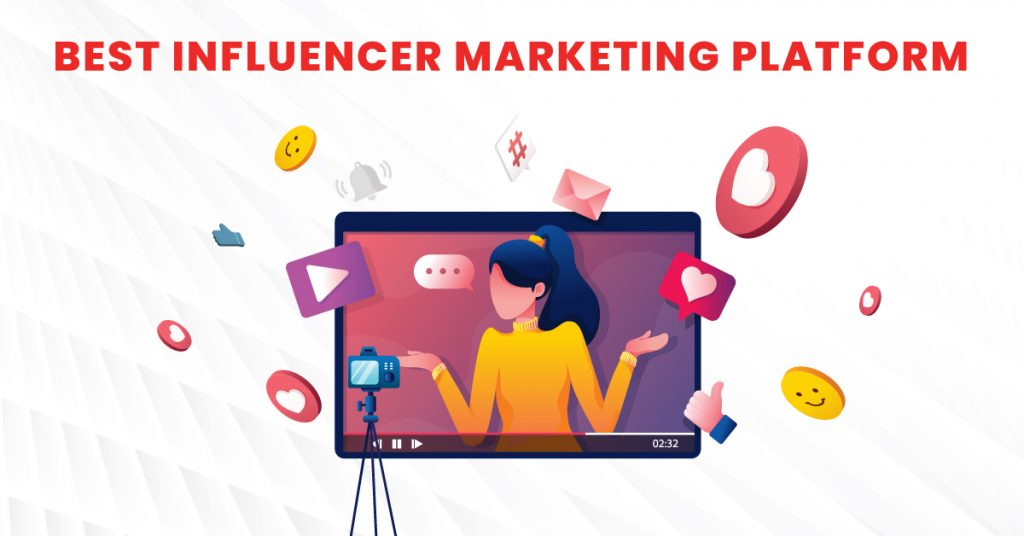
Leverage Data to Guide Decisions
To get the most out of your influencer marketing campaigns, it’s crucial to leverage data at every stage. Analyze past campaign performance to identify trends and insights that can guide your future strategies. Use these analytics to understand which types of content and influencers resonate most with your audience and which do not. By consistently applying data-driven insights, you can refine your campaigns to improve their efficacy.
Customize Your Approach for Different Platforms
Each social media platform has its own unique audience and content style. Tailoring your approach for each platform can maximize your reach and engagement. For example, Instagram is great for visually appealing content and stories, whereas TikTok is ideal for short, engaging videos. Understanding the nuances of each platform and creating content that fits will increase the likelihood of your campaigns performing well.
Test and Iterate
A/B testing is an effective way to determine what works best for your audience. Experiment with different types of content, posting times, and influencer partnerships to see which combinations yield the highest engagement and conversion rates. By systematically testing and iterating, you can continuously improve your campaigns.
Incentivize Engagement
Encourage audience interaction by incorporating calls-to-action (CTAs) into your campaign content. Whether it’s asking followers to share, comment, or use a specific hashtag, CTAs can boost engagement levels. Additionally, consider running contests or giveaways to spur audience participation and expand your reach.
Monitor and Adjust in Real-Time
One of the advantages of digital marketing is the ability to monitor campaign performance in real time. Keep an eye on your analytics dashboard to track key performance indicators (KPIs) such as engagement rate, click-through rate (CTR), and conversions. Be prepared to make adjustments on the fly if certain aspects of your campaign are not performing as expected.
Foster Authentic Collaborations
Authenticity is key in influencer marketing. Ensure that the content created by influencers aligns with their usual style and tone, as this will appear more genuine to their followers. Authentic collaborations tend to result in higher engagement, as audiences can sense when content is forced or inauthentic.
2. https://hidanang.vn/mmoga-the-best-crm-software-free-for-small-businesses-a-comprehensive-guide
4. https://hidanang.vn/mmoga-lead-generation-marketing-a-comprehensive-guide-for-small-business-owners
5. https://hidanang.vn/mmoga-top-seo-marketing-companies-in-phoenix-for-seo-marketing-companies-phoenix
Repurpose High-Performing Content
Identify content that performs exceptionally well and consider repurposing it across different platforms. High-engagement posts can be turned into ads, shared in newsletters, or reimagined for other social media channels. Repurposing successful content can help you maximize your campaign’s return on investment (ROI) without having to create new content from scratch.
By incorporating these tips into your strategy, you can optimize your influencer marketing campaigns for better performance, greater engagement, and more meaningful connections with your audience.
Frequently Asked Questions (FAQ)
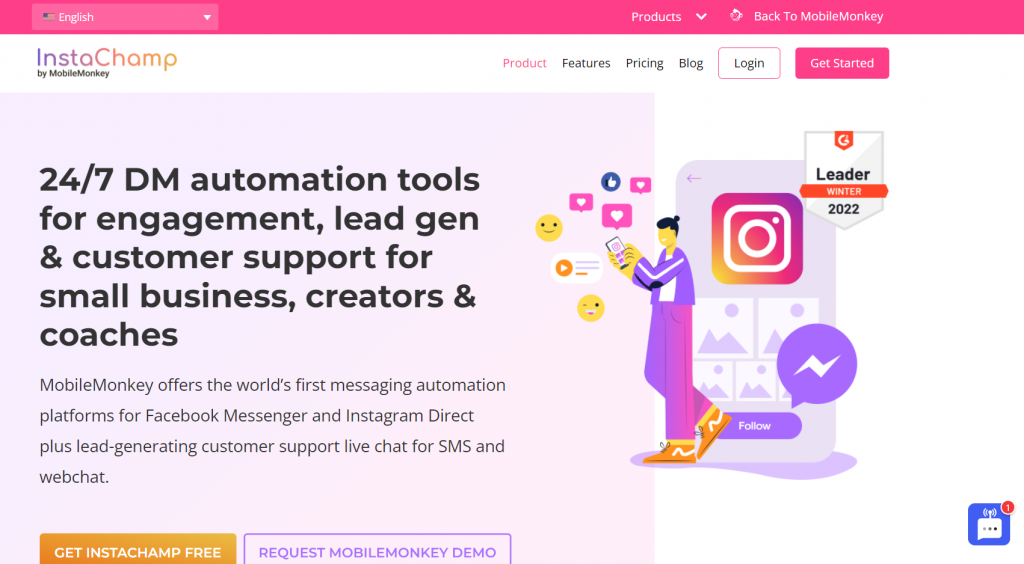
Q: What are the best influencer marketing platforms for small businesses with a limited budget?
A: Shopify Collabs, Influence.co, and Shoutcart are excellent options for small businesses on a budget. They offer free or affordable pricing plans and focus on connecting with creators for smaller campaigns.
Q: How can I find the right influencers for my brand?
A: Utilize influencer marketing platforms to search for creators based on your target audience, niche, and campaign goals. Consider factors like engagement rate, follower demographics, and content quality.
Q: What are essential metrics to track in influencer marketing?
A: Key metrics to monitor include reach, engagement, website traffic, conversions, and brand mentions to measure the success of your influencer campaigns.
Q: How can I ensure transparency and ethical practices in my influencer marketing campaigns?
A: Always disclose paid partnerships with influencers and encourage creators to be authentic and transparent in their content.
Q: What are the latest trends in influencer marketing?
A: Current trends include a shift towards micro and nano influencers, increased emphasis on authenticity, and the growing importance of video content across social media platforms. Stay informed and adapt your strategy accordingly to stay ahead of the curve. Overall, continuously educating yourself on industry changes and adapting your approach can lead to successful influencer marketing campaigns for your small business. Remember to prioritize relationships with influencers and authenticity in all collaborations for the best results.
Conclusion

Influencer marketing is a dynamic and evolving field that requires constant adaptation and a keen understanding of current trends. As social media platforms continue to develop and consumer behaviors shift, it’s essential for small businesses to stay proactive in their approach. Building strong, authentic relationships with influencers can significantly enhance brand visibility and trust. Moreover, by leveraging data, customizing content for different platforms, and continuously testing and iterating, businesses can fine-tune their strategies to yield optimal results.
Another critical aspect to consider is the ethical dimension of influencer marketing. Transparency and authenticity should always be at the forefront of your campaigns. Disclose all paid partnerships clearly and ensure that the influencers you work with also maintain this level of honesty. Audiences today are highly perceptive and value brands that are genuine and ethical in their marketing practices.
Ultimately, successful influencer marketing campaigns are those that align seamlessly with your brand values and resonate deeply with your target audience. By investing time and resources into understanding both the influencers and your audience, small businesses can create impactful, meaningful, and lasting impressions. This not only drives immediate engagement and sales but also fosters long-term brand loyalty and growth.






